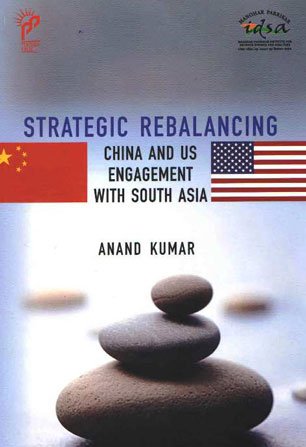In the Wake of the US Withdrawal
As the United States seeks to draw down its security forces in Afghanistan, India faces a serious policy conundrum. It has made, as Vishal Chandra argues, significant developmental and infrastructural investments in the country. If the US military withdrawal is significant, even if not precipitate, it may leave the field open to a reconstitution of the Taliban within the country. Such an outcome will dramatically enhance Pakistani influence in the country and thereby place India's very substantial commitments to date at risk.
- Sumit Ganguly
- January 2011
















